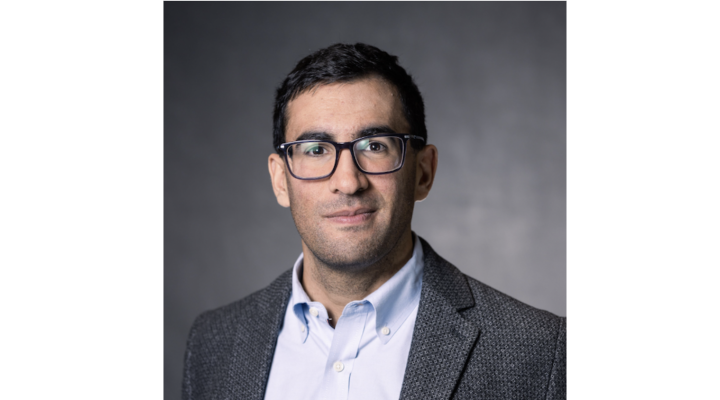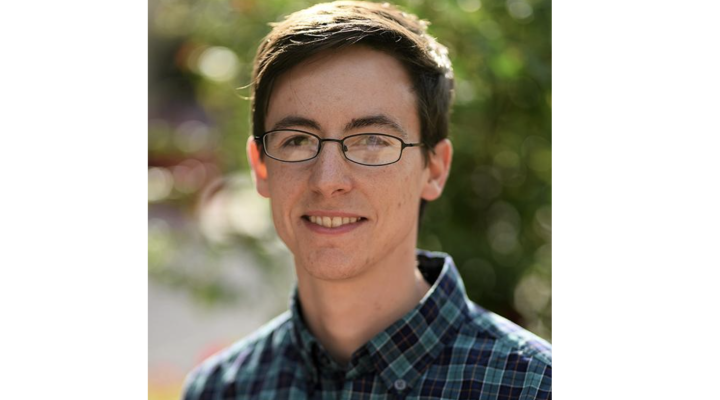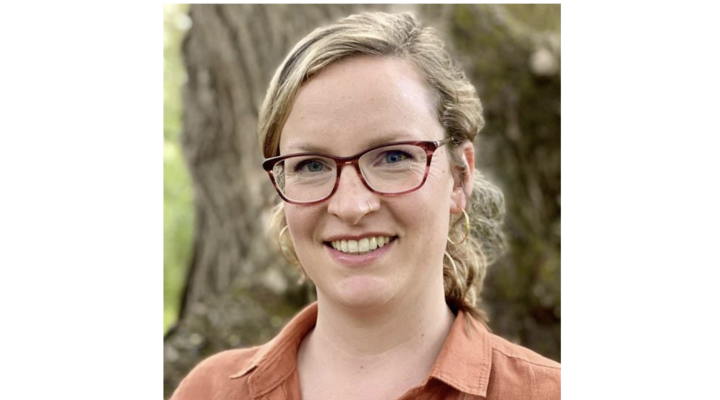Siddhartha Banerjee studies complex large-scale systems with many interacting agents and difficult sets of problems to solve. One such set of problems arises in the design of online marketplaces such as eBay and Etsy (for goods); Lyft and Uber (for transportation); Upwork (for online work); and Airbnb (for lodging). These platforms have many levers they can pull to manipulate the activities and decisions of service providers and service users. For example, ride-sharing platforms like Lyft and Uber can choose which driver to match to which passenger and at what price, and moreover, can give passengers and drivers the opportunity to rate each other.
Banerjee creates models that help these platforms know which levers to pull, and when to pull them. In a recent project, he spent some time working with the Lyft data science team, helping them develop their dynamic surge-pricing algorithm. “My main focus,” says Banerjee, “is applying math to complex real-world systems to help them operate more effectively and efficiently. I find it exciting to develop theoretical models for these systems, and moreover, to be able to transfer my work from the theoretical to the practical,” says Banerjee.
Banerjee joined Cornell’s School of Operations Research and Information Engineering (ORIE) this year. From 2013 to 2015 he was a post-doctoral researcher in the Social Algorithms Lab at Stanford University. He received his Ph.D. in Electrical and Computer Engineering in 2013 from the University of Texas—Austin. Along the way, he has developed a specific set of skills that he believes are an excellent fit with the challenges that arise in large, complex systems. “My background in electrical and computer engineering, applied probability, economics and game theory give me a toolset that matches well with the scaling problems facing many companies. I am trying to find the right problems where my modeling tools will be most useful.”
When Banerjee starts building a mathematical model of a complicated system, he first creates a simple model, and then sharpens it based on reality. An important ingredient is understanding how the actions of each of the individual agents collectively affect the system. “Small individual interactions together drive these systems to an equilibrium state, where if even one piece changes, everything else reacts and eventually a new equilibrium is established,” says Banerjee. “My research aims to figure out and optimize how these small changes affect the system in the long term, not just today or tomorrow.”
One challenge is in taking into account all of the many factors at play, says Banerjee. “These models are mathematically complex, but there is also room for instinct. The real question for me is ‘How do I make a model that captures enough of these effects, but is still useful?’.” Another challenge is in incorporating features that are often unique to these systems. “For example, though we usually think of people having easy-to-define utility curves, this is often not the case in online platforms,” says Banerjee. “Instead, people often discover what they want while using the tools and platforms.”
Working on these problems requires inputs from experts in diverse fields, for which Banerjee is looking forward to collaborating with other Cornell researchers. “Research, for me, is a team sport,” he says. “I find it difficult to work in an isolated way. That’s why I came to Cornell—there are a lot of faculty here on a similar wavelength to me. There is an openness here and people talk to each other across disciplines. When I came to visit it was clear right away that there are a lot of people here I would love to collaborate with.” In addition to his research at Cornell, Banerjee is looking forward to teaching. “Doing a post-doc was a good change of mindset for me. It helped prepare me for teaching and a faculty position,” says Banerjee. “I think I will really enjoy teaching—I like trying to explain ideas and I am looking forward to the challenge.”
Banerjee is also looking forward to getting out into the hills of Ithaca and doing some running. “I was at the University of Texas in Austin for my Master’s and Ph.D. and there is a big running culture there. I started running and really enjoy it.” In addition to running, Banerjee enjoys playing percussion instruments. He is a student of the traditional Indian percussion instrument called the tabla, and he says, “It would be really great to have a full drumset here.”




